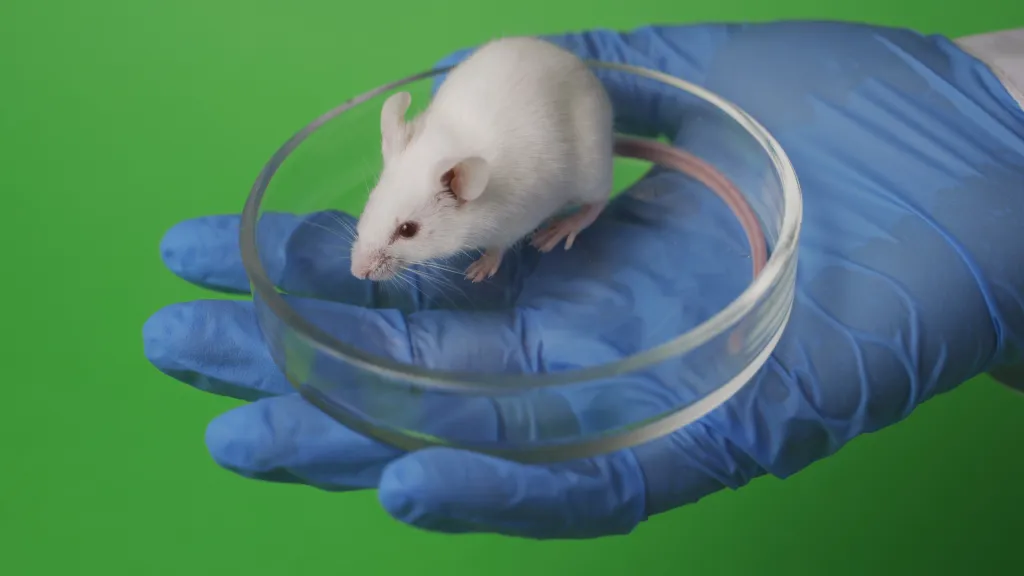For the first time, researchers have demonstrated that reducing oxygen intake, known as “oxygen restriction,” is linked to extended lifespan in laboratory mice, highlighting its potential as an anti-aging strategy.
The findings, presented by Robert Rogers and colleagues from Massachusetts General Hospital in Boston, US, were published on May 23rd in the open access journal PLOS Biology.
Efforts to prolong healthy lifespan have identified various chemical compounds and interventions that show promise in mammalian lab animals, such as the drug metformin and dietary restriction.
Oxygen restriction has also been associated with longer lifespan in yeast, nematodes, and fruit flies, but its effects in mammals have remained unclear.
To look into the anti-aging effects of oxygen restriction in mammals, Rogers and his team conducted experiments using mice genetically engineered to age more rapidly, exhibiting typical signs of aging across their bodies.
They compared the lifespans of mice living under normal oxygen conditions (approximately 21%) with those exposed to a reduced oxygen environment (11%) from 4 weeks of age onwards, akin to conditions found at an altitude of 5000 meters.
The results showed that mice in the oxygen-restricted environment lived approximately 50% longer than those in normal oxygen conditions, with a median lifespan of 23.6 weeks compared to 15.7 weeks.

Additionally, the oxygen-restricted mice showed delayed onset of age-related neurological impairments.
Previous studies have indicated that dietary restriction can extend the lifespan of similar fast-aging mice models used in this research.
Therefore, the researchers investigated whether the extended lifespan due to oxygen restriction was merely a result of increased food intake. However, they found that oxygen restriction did not affect food consumption, suggesting that other mechanisms are responsible for its effects.
These findings underscore the potential of oxygen restriction as an anti-aging intervention in mammals, potentially including humans. Nevertheless, further extensive research is necessary to fully understand its benefits and elucidate the molecular pathways through which it operates.
Rogers commented, “We found that chronic continuous hypoxia (11% oxygen, equivalent to conditions at Everest Base Camp) extends lifespan by 50% and delays the onset of neurological decline in a mouse model of aging.
While caloric restriction remains the most widely effective and well-studied intervention to increase lifespan and healthspan, this study marks the first demonstration of the beneficial effects of ‘oxygen restriction’ in a mammalian aging model.”
